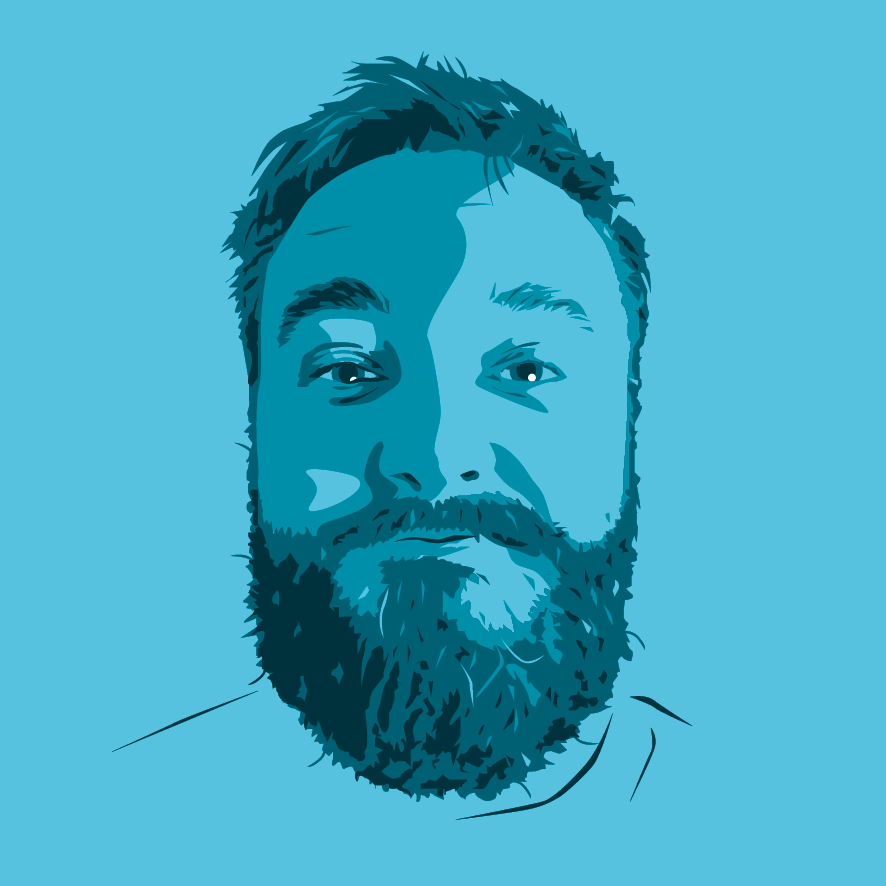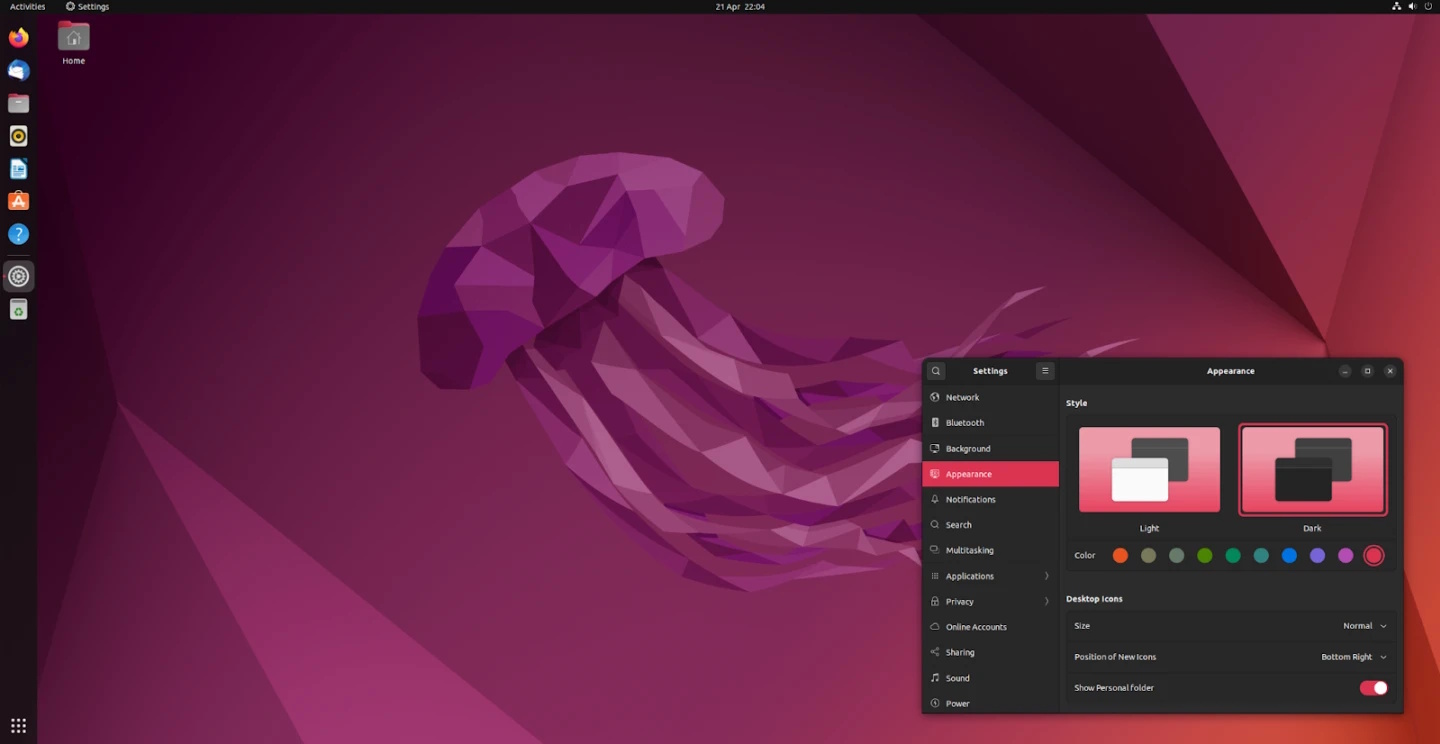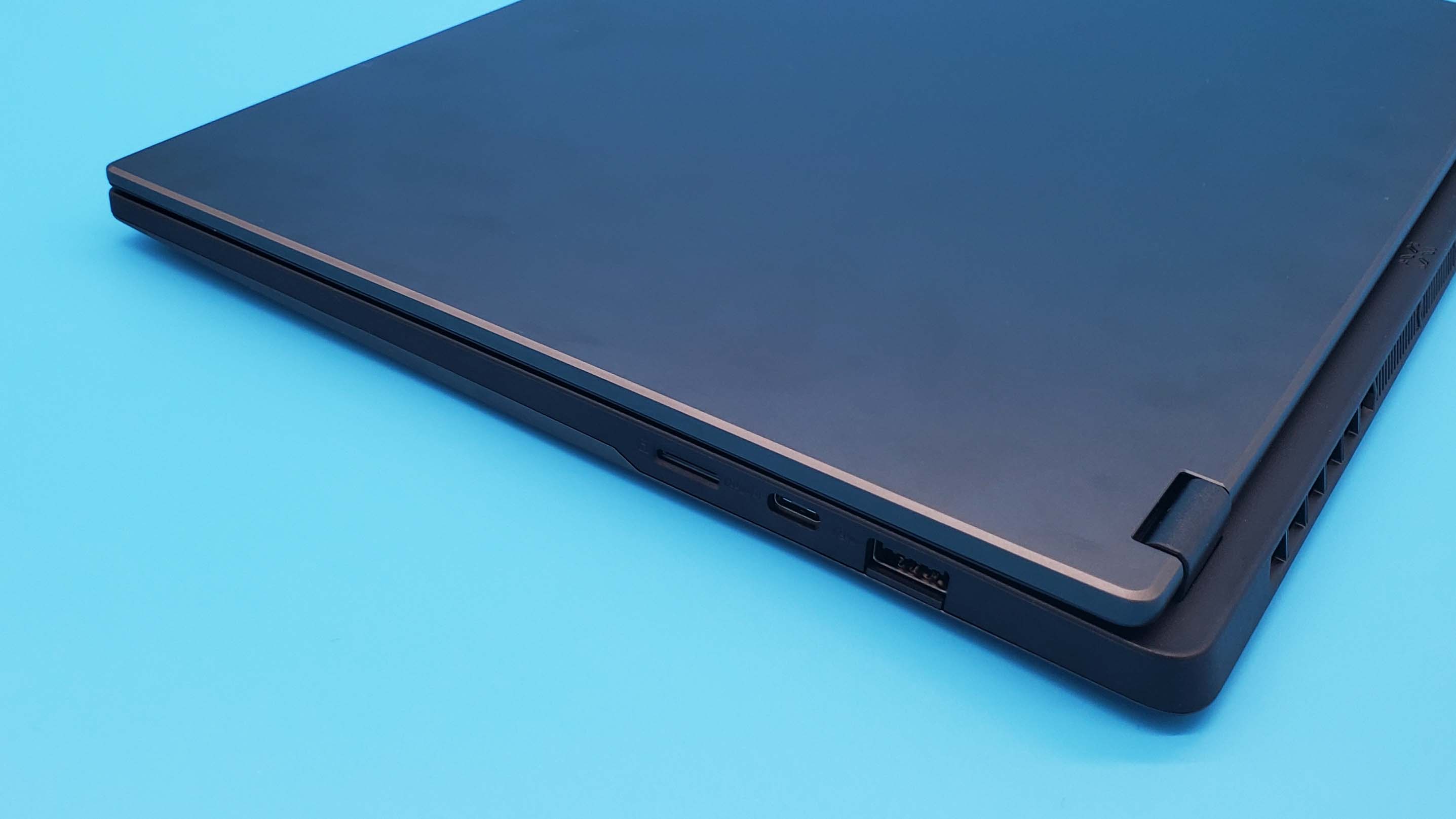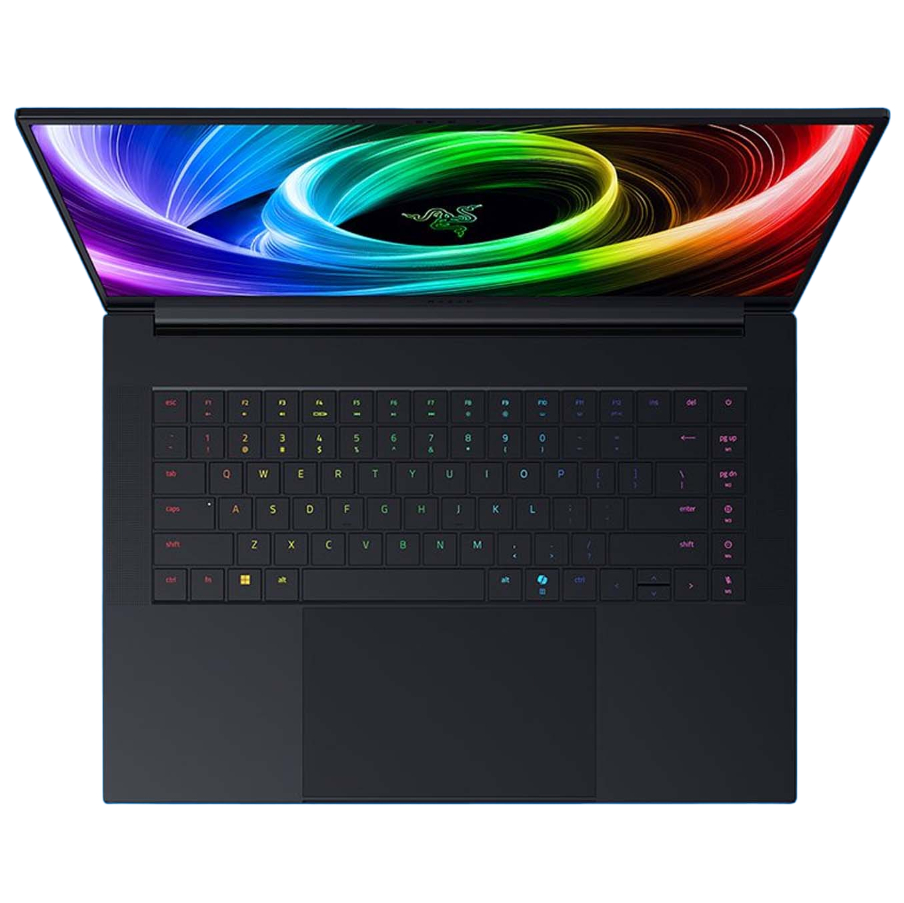
Keep up to date with the most important stories and the best deals, as picked by the PC Gamer team.
You are now subscribed
Your newsletter sign-up was successful
Want to add more newsletters?

Every Friday
GamesRadar+
Your weekly update on everything you could ever want to know about the games you already love, games we know you're going to love in the near future, and tales from the communities that surround them.

Every Thursday
GTA 6 O'clock
Our special GTA 6 newsletter, with breaking news, insider info, and rumor analysis from the award-winning GTA 6 O'clock experts.

Every Friday
Knowledge
From the creators of Edge: A weekly videogame industry newsletter with analysis from expert writers, guidance from professionals, and insight into what's on the horizon.

Every Thursday
The Setup
Hardware nerds unite, sign up to our free tech newsletter for a weekly digest of the hottest new tech, the latest gadgets on the test bench, and much more.

Every Wednesday
Switch 2 Spotlight
Sign up to our new Switch 2 newsletter, where we bring you the latest talking points on Nintendo's new console each week, bring you up to date on the news, and recommend what games to play.

Every Saturday
The Watchlist
Subscribe for a weekly digest of the movie and TV news that matters, direct to your inbox. From first-look trailers, interviews, reviews and explainers, we've got you covered.

Once a month
SFX
Get sneak previews, exclusive competitions and details of special events each month!

This week I've been: Looking into proof-of-human technology and digital ID, on both technology and privacy fronts.
Call me a rebel, but I haven't been best satisfied with the direction Windows 11 has been heading of late. I'm not alone, of course—just ask a bunch of us here at PC Gamer. For me, it's mainly been the change to Windows Settings (Control Panel was fine) and terribly slow Start Menu search, but there's plenty to complain about besides, if you're in that kind of a mood.
Perhaps coincidentally, over the last few months, I noticed more and more people talking about Linux. From Pewdiepie to big tech publications, 2025 seems to have been the year of trying your hand at one of the many Linux-based distributions. So, I figured, why not me, too? After all, I used to switch between distros like picking between jackets, once upon a time.
The problem is that 'once upon a time' was back before I had, well, actual responsibilities and work to do. And just a couple of weeks ago, I learned the hard way that running into problems on Linux when I do have these responsibilities is no small matter. In fact, it almost cost me my trip to Gamescom Cologne when I found my laptop entirely unusable, leaving me unable to report on any of the exciting new products I was flown over there to report on.
That use case is far from the hobbyist uses I put Linux towards when I was growing up. Back then, it didn't really matter if stuff messed up; the worst that would happen was I'd have to spend a while bug-fixing in my free time. Back then, bugs were sometimes even (dare I say it?) enjoyable, a chance to learn something new.
I was a strange child. Among my many short-lived hobby phases were my 'go to the library and research from books about UFOs' phase, my 'go to the library and continuously try and fail to learn from physics books' phase, and my 'go to the library and learn a first chapter-worth of C programming, but no more, repeatedly' phase.

Once I moved away from paper-based media and got onto the internet, though, that was when the doors opened up. Now I could traverse that digital library for other pointless projects to start and become almost competent at. Case in point: Linux.
At around age 13, I must have been the world's most proficient two-day Linux distro tester. Never Arch or anything difficult, no. But one of the easy ones? You bet. I'd boot it up, install, and primarily mess around with the desktop environments until something broke a day later, then go back to Windows. Those were the days when Wobbly Windows was a big thing, you know? I even remember making a 10 fps capture for a YouTube video explaining how to get your desktop workspaces rotating like a cube. Ah, those were the days.
Keep up to date with the most important stories and the best deals, as picked by the PC Gamer team.
Naturally, all these memories came flooding back to me when people started talking about switching over to Linux earlier in the year. And I'd been testing the Lenovo Legion Go S with SteamOS, too, so I had the gaming benefits of Linux operating systems at the forefront of my mind. Mainly, though, I just remembered that sweet dopamine hit of getting a new distro up and running. All the rest were excuses.
I need to stick to Windows when it really matters
So, first off, I tried Nobara Linux, a distro made by GloriousEggroll, the person known for developing GE-Proton, a buffed version of the Proton compatibility layer that gets Windows games and other gubbins running on Linux (especially SteamOS). I had this hooked up to my external monitor to use as a desktop for both work and gaming, with the laptop display as the secondary, and unfortunately, I kept running into issues: crashes, GPU hang-ups, and so on. I'm pretty sure this was caused by the hybrid graphics in the laptop I was using not gelling with an external display, as apparently the Linux display protocol Wayland can struggle with this. Whatever the cause, I switched back to Windows.
But when I switched back to Windows, I also switched back to my desktop PC, and this left my laptop tantalisingly open to more tinkering. After all, if the problem was hybrid graphics not liking my external display, as seemed most likely, Linux couldn't be so bad when just using the laptop's display. So, Ubuntu—why not? You can't go wrong with the most vanilla latte of Linux distros, right?
Wrong, as I was unfortunately to discover while at Gamescom and in dire need of a working laptop.
Don't ask me what caused it, I still can't figure it out for the life of me. It was all working perfectly fine. I'd set up everything I thought I might need to use prior to my trip out to Cologne: logins, two-factor authentication, even music streaming. It was all working perfectly.

In fact, it worked fine the first day I was out there, before the turnstiles of the expo opened up to press. I left the laptop on to upload a big gameplay video overnight, and in the morning, it had finished uploading. So, I closed down my browser, powered the laptop down fully and properly, and shut the lid.
Boy, what a mistake. I don't know which of those steps precisely was the mistake, but one of them clearly was. After heading into Gamescom and getting my hands on the ROG Xbox Ally, I had enough time to get my laptop out and try to write up some first impressions. That was, after all, the reason I was out there: To write up some breaking impressions and news surrounding new products as soon as I get the chance.
The first hint that something wasn't quite right was that I couldn't adjust my brightness with the normal Fn+F-key combo, so I sat there outside with the sunlight gleaming off my barely visible screen, all squinty-eyed. After going inside so I could actually see my screen, I realised the desktop UI had shrunk back to 100% scaling—I previously had it on 200% due to the high resolution and 14-inch screen combo.
But worst of all, I finally noticed that my trackpad wasn't working. Like, at all. The cursor just didn't move. In fact, if I awkwardly keyboard-navigated to the mouse and touchpad settings page, the OS didn't seem to think there was a trackpad at all—no pointer speed options or anything of the sort.
I spent about half an hour Googling how to fix it, trying all kinds of commands in the terminal to reset my input devices, change my window management system to X11, and so on. Nothing worked.
But alas, I had an interview lined up, so it would have to wait. I did that interview with more than a smidge of my mind located elsewhere, fretting over the possibility that my entire trip could be down the drain if I couldn't get my laptop working again.

After the interview, I raced to the media lounge and got to work trying more fixes. No luck. I thought perhaps an update might fix something, but I couldn't use my trackpad to press the little Wi-Fi button. So, I tried to connect to the internet via the terminal instead, and was simply thrilled to find that Ubuntu wasn't detecting my Wi-Fi card at all—it just didn't exist, according to iwconfig. That's when I had to throw my hands up and give in.
Until, that is, my own personal saviour arrived in the form of Midas Whittaker, PC Gamer's resident video presenter and producer. I bumped into him, quite unexpectedly, and he let me use his laptop to download Windows to a USB (and thanks, Nvidia, for the USB stick originally intended for gameplay capture), which I then installed and was happy to find worked perfectly. Some updates, installs, and logins later, and I was up and running—phew. Windows had saved me from the potential train wreck of a Gamescom outing.
I'm well aware of what's going through at least some heads right now: 'User error.' And fair enough, it probably was a user error, though I have no idea what that error might have been. But ask yourself two questions: (1) Would something like this be as likely to happen on Windows? And (2), would you rather have to try and quickly troubleshoot and fix such things on Linux or Windows?
I'm sure the Linux folks are screaming that they'd rather deal with it on Linux, because Windows doesn't give you as easy and intricate access to all the underlying machinations of various operating system elements and so on. Which is fair enough for expert users. But for the everyday user like myself—even one with a background and penchant for tinkering with Linux distros—just installing Windows was a safer bet. I didn't have the time to spare, on that day, to learn how GNOME's dconf handles input, among other things.
And that's the thing, I think: This experience has shown me that, despite its flaws, for peace of mind and ease of use, I need to stick to Windows when it really matters. Saying that, if I scrape together the time and energy, it would still be a good side-project to learn to use Linux proficiently—maybe then, such a seemingly catastrophic bug would be a quick fix. Just not on my laptop when travelling for work.

👉Check out our list of guides👈
1. Best gaming laptop: Razer Blade 16
2. Best gaming PC: HP Omen 35L
3. Best handheld gaming PC: Lenovo Legion Go S SteamOS ed.
4. Best mini PC: Minisforum AtomMan G7 PT
5. Best VR headset: Meta Quest 3

Jacob got his hands on a gaming PC for the first time when he was about 12 years old. He swiftly realised the local PC repair store had ripped him off with his build and vowed never to let another soul build his rig again. With this vow, Jacob the hardware junkie was born. Since then, Jacob's led a double-life as part-hardware geek, part-philosophy nerd, first working as a Hardware Writer for PCGamesN in 2020, then working towards a PhD in Philosophy for a few years while freelancing on the side for sites such as TechRadar, Pocket-lint, and yours truly, PC Gamer. Eventually, he gave up the ruthless mercenary life to join the world's #1 PC Gaming site full-time. It's definitely not an ego thing, he assures us.
You must confirm your public display name before commenting
Please logout and then login again, you will then be prompted to enter your display name.

